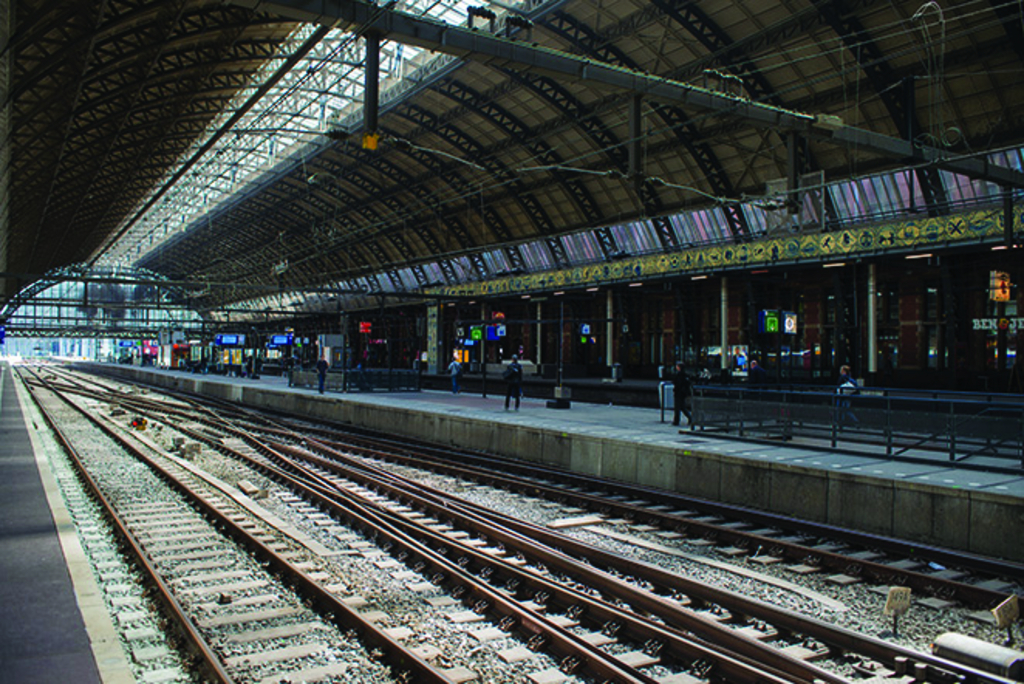A transportation conference called “Tracks in Transport” took place on March 6 2014 at the Sport and Culture Centre. The event was conducted entirely in Dutch and was free to all attendees. Lunch and dinner were included. The TU Delft Transport Institutesponsored the event.
Three themes took center stage at the conference, each corresponding to a previously identified knowledge gaps to be explored in discussion groups. The first, “Routing & Scheduling,” took a look at how increasing the frequency of train routes and optimizing cargo train usage could improve railway operations. The second, called “Simulation,” talked about considering situations in which waterborne operations could improve transportation outcomes and looked at scenarios in mid-sized cities and main ports.
The third theme, “Space and Policy,” brought up topics like ride sharing, optimizing logistics in the e-retail business and the Delft Automated Vehicle Initiative. DAVI is a program that has been cofounded by TU Delft, the Dutch vehicle approval authority RDW, the mobility consortium Connekt and TNO. The program aims to implement automated control technology in existing vehicles that is accessible to everyone. “We really focus on human factors,” said Dr. Riender Happee, assistant professor of automotive engineering in the Faculty of Mechanical, Maritime and Materials Engineering.
Among the speakers were Professor Bert van Wee, professor of transport policy in the Facutly of Technology, Policy and Management, Professor Serge Hoogendoorn, professor of traffic flow theory from the Faculty of Civil Engineering and Geosciences. The moderator for the day was Professor Bart van Arem, professor of transport models in the Faculty of Civil Engineering and Geosciences. There were no female speakers, while many railway researchers at TU Delft are female.
Professor van Wee spoke about transportation and ethics in a talk titled, “Grenzen van de kostenbatenanalyse,” or “Limits of the Cost-Benefit Analysis.” Professor Hoogendoorn gave a talk about challenges in crowd engineering.
Given that the entire day was conducted in Dutch, international researchers were limited in participation. However, Alfredo Nunez Vicencio, a researcher in Dr. Rolf Dollevoet’s Railway Engineering Group, decided not to participate in the conference for another reason. He and his colleagues had submitted a topic proposal for part of the conference, but it was not accepted in time. “I didn’t give it priority because we are planning to have a track on railways only, but the proposal with courses/details was submitted last week. So in case the proposal is accepted, for sure I will prioritize my attendance in the future,” Nunez Vicencio wrote in an email. Whether the tardiness of the proposal or the content was the main reason why it was rejected was not clear.



Comments are closed.